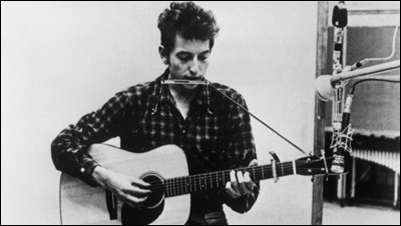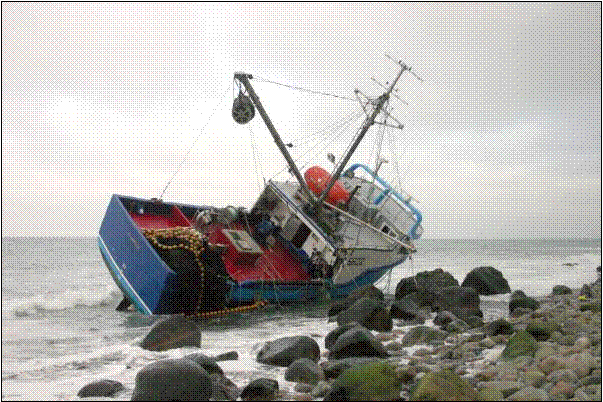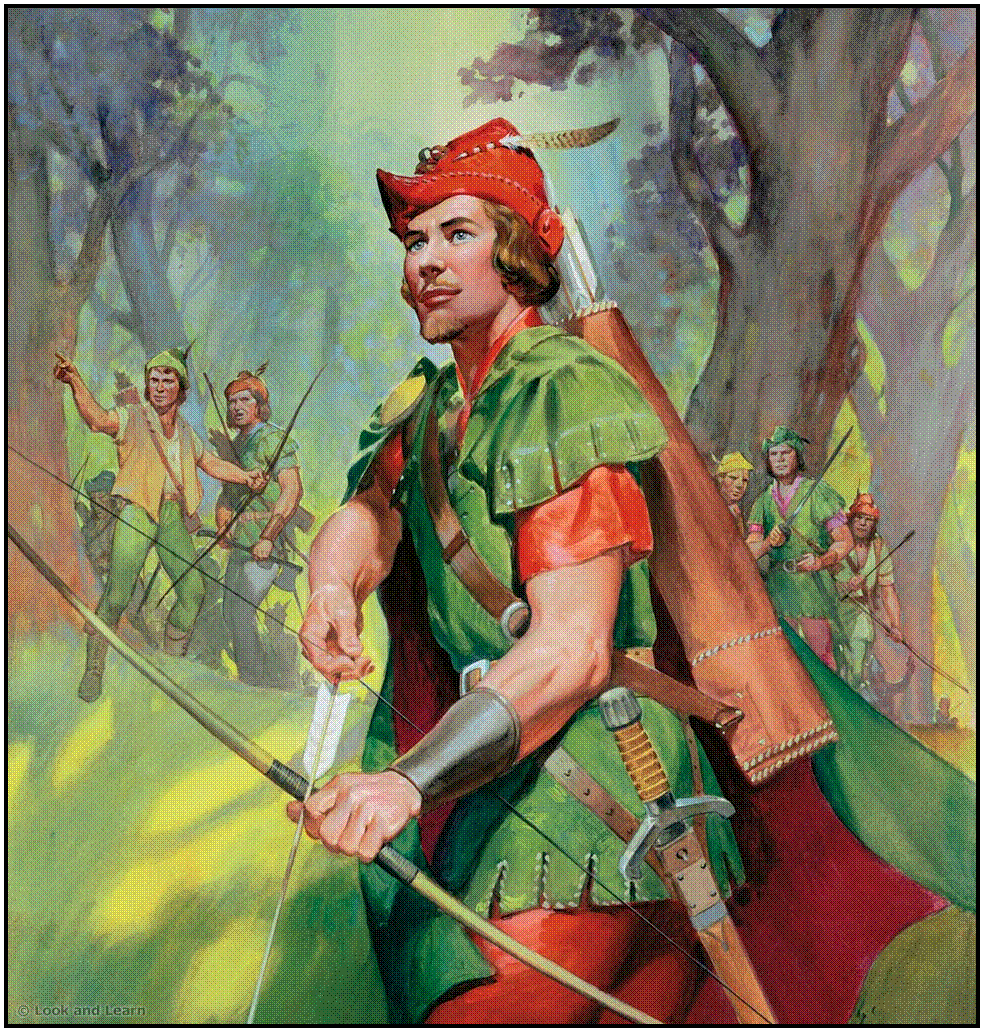I was looking for some kid’s songs for a session and came across a Fred Wedlock number called Superman that I used to do years ago in schools. It’s a simple ditty with a simple message – basically, don’t imagine you’re superman because you’re just ‘unextraordinary’. Fred Wedlock, from Bristol, was mostly known for humorous, self-penned, material – especially a 1979 hit called ‘The Oldest Swinger In Town’. Though he sometimes joked about playing only two chords he wasn’t a bad folky finger picker, though it was his quick wit and rambling funny songs that audiences mostly remember (he died in 2010 of a heart attack).
However, I stopped singing ‘Superman’ many years ago despite its catchy tune and lyrics because one day a fellow teacher said they seemed rather negative. The message, I was told, basically said, ‘don’t have a dream because dreams never come true – you’re just plain ordinary.’ At first I disregarded the advice but the criticism nagged at me and finally I gave in and stopped singing it. Then the other day I found the lyrics and it occurred to me to write a third verse putting matters right. What struck me in particular was that maybe alone we are can be ordianary but together with other like-minded people, we can achieve great things. We can be supermen (and women).
I’m not entirely satisfied with the lyrics yet – a work in progress you might say. But here they are anyway. Those familiar with Fred’s original will notice I’ve made a few minor changes.
SUPERMAN
Sometimes I wish that I was superman,
Giving all the world a hand – oh what a superman I’d be.
And sometimes I wish I was invisible,
I’d be invincible – invincivisible, that’s me.
Ah but I’m only unextraordinary me,
And I’ll never be, any of the things I dream about,
When lights are out – cos I’m just me.
Sometimes I wish – I was Mr Universe
Defeating all the worst people in the universe – for free.
Sometimes I wish I was multi-millionaire.
Giving money everywhere – saving a place up there for me.
Ah but I’m only unextraordinary me,
And I’ll never be, any of the things I dream about,
When lights are out – cos I’m just me.
Sometimes I wish – I was more positive,
And not so negative – about those things I’d like to be.
Sometimes I wish I could get up off me bum,
Do the things that can be done,
And never say never – unextraordinary me.
Cos we can do anything –
Together, things we dream about when lights are out.
Its not just me – wait and see.
Fred Wedlock, verse 1,2 – MB, verse 3

![images[3]](https://mauricebaker.co.uk/wordpress/wp-content/uploads/2015/01/images3.jpg)

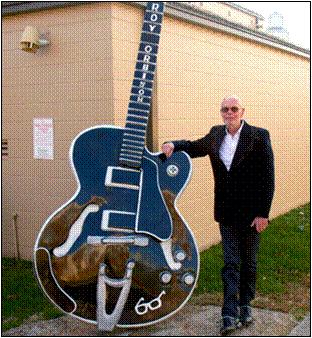
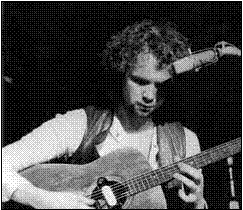
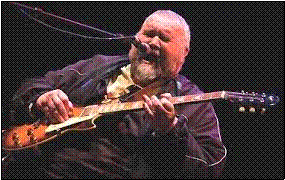
![10665139_10152949618402289_28913266557863749_n[1]](https://mauricebaker.co.uk/wordpress/wp-content/uploads/2014/10/10665139_10152949618402289_28913266557863749_n1.jpg)
